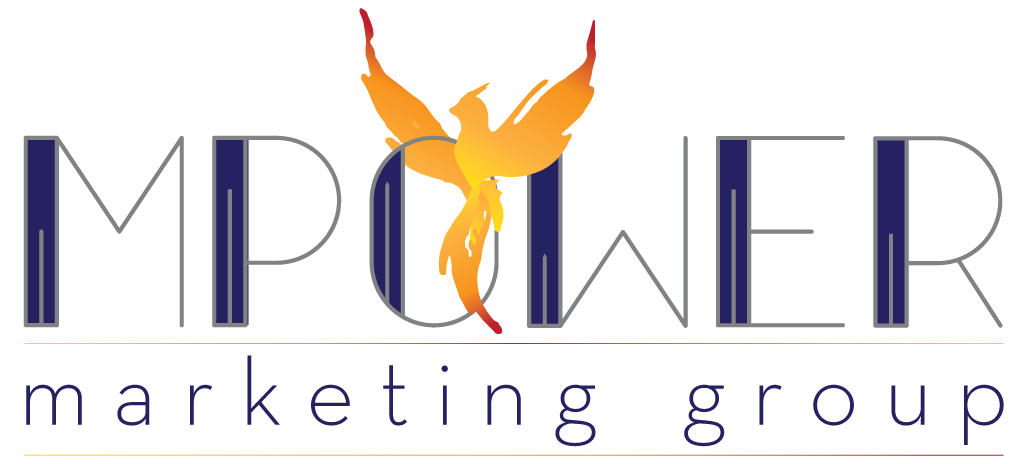In today’s highly competitive business landscape, the importance of fostering a positive team culture cannot be overstated. Companies that invest in their internal marketing strategies often find themselves reaping benefits that extend far beyond increased productivity and profitability. At MPower Marketing Group, we believe that a robust internal marketing strategy is key to building a strong company culture that not only attracts top talent but also retains it.
What is Internal Marketing?
Internal marketing involves treating employees as internal customers, with the aim of aligning their objectives with the company’s goals. This strategy ensures that employees are motivated, engaged and feel valued within the organization. It’s about creating a work environment where everyone is on the same page, striving toward the same objectives, and feeling a sense of belonging and purpose.
The Importance of a Positive Team Culture
A positive team culture is the backbone of any successful company. It encompasses the shared values, beliefs and behaviors that define how employees interact with one another and approach their work. When employees feel respected, supported and part of a community, they are more likely to be productive, innovative and loyal to the company.
How Internal Marketing Builds a Positive Team Culture
- Communication and Transparency: One of the cornerstones of internal marketing is clear and consistent communication. Keeping employees informed about company goals, changes and achievements helps to build trust and a sense of inclusion. Regular updates and open channels of communication ensure that everyone is on the same page and working toward the same objectives.
- Employee Recognition and Appreciation: Recognizing and rewarding employees for their hard work and achievements is crucial in fostering a positive team culture. Internal marketing strategies often include programs for employee recognition, which can range from simple thank you notes to formal awards and incentives. When employees feel appreciated, they are more likely to be engaged and motivated.
- Professional Development and Growth: Providing opportunities for professional development is another key aspect of internal marketing. Companies that invest in the growth of their employees demonstrate that they value their workforce and are committed to their success. This can include training programs, mentorship opportunities and career advancement paths.
- Inclusive and Collaborative Environment: Promoting an inclusive and collaborative work environment is essential for a positive team culture. Encouraging teamwork, celebrating diversity and fostering an inclusive atmosphere, where every voice is heard and valued, helps build strong and cohesive teams.
- Employee Well-being: Prioritizing employee well-being is a vital component of internal marketing. Offering wellness programs, flexible work schedules and resources for mental health support shows employees that their well-being is a priority. When employees feel cared for, they are more likely to be productive and committed to their work.
Implementing Internal Marketing Strategies
Implementing effective internal marketing strategies requires a dedicated effort from leadership and a commitment to continuous improvement.
Here are some steps to get started:
- Assess the Current Culture: Begin by evaluating the current company culture. Conduct surveys, hold focus groups, and gather feedback from employees to understand the existing strengths and areas for improvement.
- Set Clear Objectives: Define clear objectives for your internal marketing initiatives. What do you hope to achieve? How will you measure success?
- Develop a Plan: Create a comprehensive internal marketing plan that outlines specific strategies and tactics to achieve your objectives. This should include communication plans, recognition programs, professional development initiatives and wellness programs.
- Engage Leadership: Ensure that company leadership is fully engaged and committed to the internal marketing efforts. Leadership plays a crucial role in setting the tone for the company culture and driving the initiatives forward.
- Monitor and Adjust: Regularly monitor the effectiveness of your internal marketing strategies and be prepared to make adjustments as needed. Gather feedback from employees and be responsive to their needs and concerns.
Building a strong company culture through effective internal marketing is not just a nice-to-have; it’s a must-have for any organization aiming for long-term success. By prioritizing a positive team culture and investing in the well-being and development of employees, companies can create an environment where everyone thrives.
At MPower Marketing Group, we are dedicated to helping businesses harness the power of internal marketing to build strong, cohesive and successful teams. Are you ready to transform your company culture and unlock the full potential of your team?
Discover how MPower Marketing Group can help you build a positive team culture and implement effective internal marketing strategies tailored to your business needs. Contact us today to schedule a consultation and learn more about our comprehensive solutions for fostering a thriving, engaged workforce. Let’s work together to create an environment where your employees feel valued, motivated and ready to drive your business to new heights.

